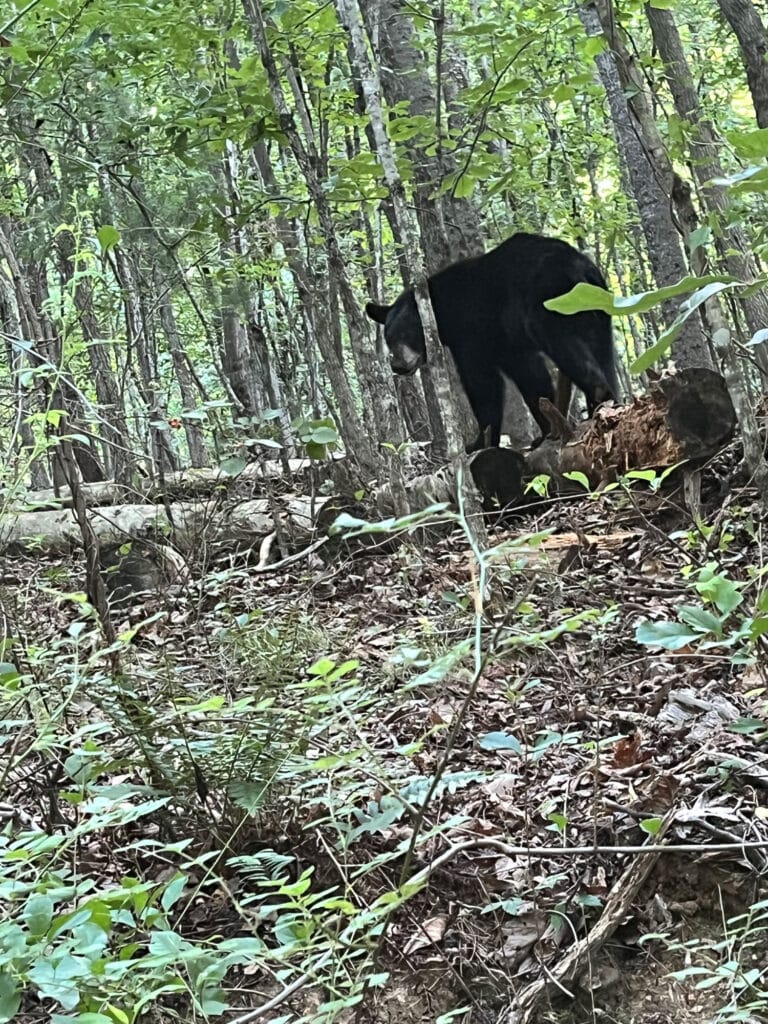 Five years ago, urban farmer and downtown D.C. resident Ed Bruske was scorned by many neighbors for not having a traditional lawn. Most of the personal chef’s corner lot in Columbia Heights is covered with garden beds. These days, though, he gets more questions than criticism.
Five years ago, urban farmer and downtown D.C. resident Ed Bruske was scorned by many neighbors for not having a traditional lawn. Most of the personal chef’s corner lot in Columbia Heights is covered with garden beds. These days, though, he gets more questions than criticism.
“In the last few years we’ve seen a huge surge in people growing their own food,” says Bruske, who also runs the social networking website DC Urban Gardeners.
Especially in the Southeast, fresh organic vegetables are sprouting with city skyscrapers in the backdrop. Even the federal government is setting an urban farming example: Michelle Obama’s White House Kitchen Garden feeds the first family, and Agriculture Secretary Tom Vilsack’s The People’s Garden on the National Mall has donated over 170 pounds of produce to the DC Central Kitchen.
In the suburbs, well-manicured lawns are being replaced with herb gardens and berry patches. Gardening does not require a lot of space. A small patch of lawn can easily supplement a significant portion of a family’s food budget. As Fritz Haeg points out in his book Edible Estates: Attack on the Front Lawn, chemically treated household lawns take up 30 million acres in America and much of that land could be used in its natural state to grow food.
Neighborhoods are also working together to create community gardens. Common Good City Farm in the D.C. neighborhood of LeDroit Park grows food specifically for low-income residents. The same is happening at HABESHA Gardens in the Mechanicsville area of Atlanta, Ga. And in Charlotte, N.C., the Urban Ministry Center maintains a garden that grows food for the center’s soup kitchen, which serves meals to more than 400 homeless people every day. The 3,000-square-foot downtown community garden is maintained by volunteers and folks who use the center’s facilities. Don Boekelheide, who runs the community garden, finds that working in the garden is a confidence builder for many people trying to get back on their feet.
“Out in the garden, we’re all equal,” says Boekelheide. “A tomato doesn’t care if you’re a bank president or if you slept under a bridge last night. Locally grown food brings community together.”







